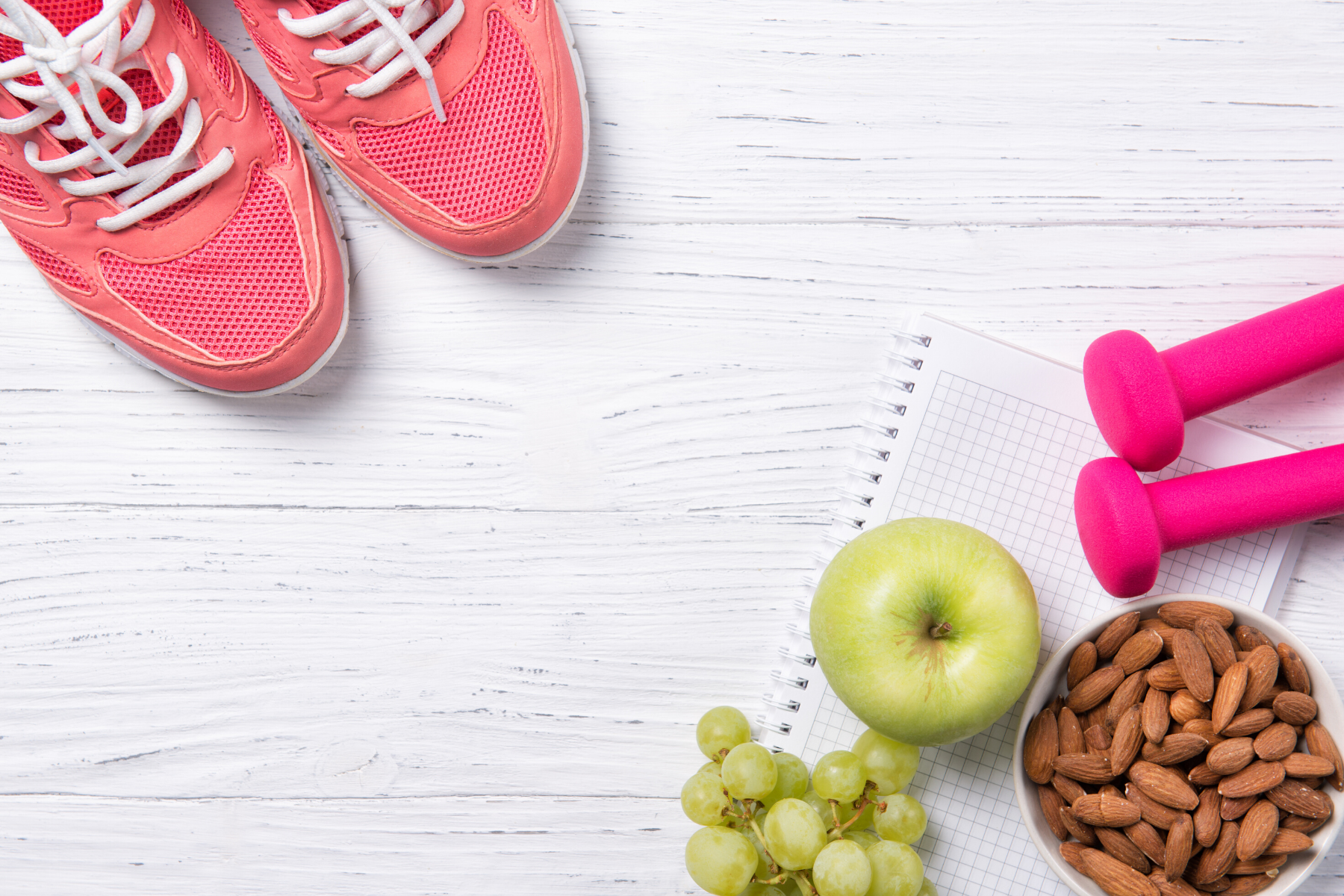
How to keep active during the menopause
With the country currently in COVID-19 self-isolation, many of us are more inactive than we’ve been in a long time. Couple this with the unexpected days of fatigue that often go hand in hand with the menopause and you could be looking for some inspiration to get you up and on your feet. Here are some helpful nutrition and online exercise resources from Food Scientist and Nutritional Therapist Susie Debice to help you keep active while the country has measures in place to help deal with the pandemic.
Daily walking
It’s important that we all follow the guidelines set out by our government and the World Health Organisation to stay home and stay safe, to help support our healthcare systems and contribute to protecting those more vulnerable. Current guidelines include the option to leave your home once a day for exercise. You may not currently be able to hit the gym, go swimming or take part in your normal exercise class. So unless you are showing signs of infection it’s really important to get outside, stretch your legs and enjoy a change of scenery. So put your trainers on and go for a brisk 30-minute walk, or even longer if you can manage it.
Step up the pace
If you have never been a keen runner before but feel like now could be a good time to start, then download the app ‘Couch to 5K’ or something similar, to help get you started. Following a system like this helps prevent injury, provides virtual coaching which helps keep you motivated and achieve pre-established goals in set timeframes. If weight management is a concern and if the reduced level of activity due to self-isolation is contributing to weight gain then stepping up the pace from a walk to a gentle run during your daily outdoor leg stretch could be a good strategy to help support your metabolism.
Weight bearing exercise
With gyms and fitness studios being strictly off-limits during the current COVID-19 lockdown many women are unable to continue with their weight bearing exercise programmes. You may not have access to weight machines at the gym BUT if you have a good rummage around at home you will more than likely be able to find dumbbell alternatives to use. Weight bearing exercise is important for menopausal women as it’s this type of exercise that is considered essential for helping support normal bone density. As oestrogen and progesterone levels start to fluctuate and fall during the menopause this affects the natural cellular processes for bone regeneration which is why menopausal women are at higher risk of thinning bones, bone fractures and osteoporosis.
Soak up the sunshine
Vitamin D is also known as the sunshine vitamin because skin cells produce vitamin D when exposed to the sun’s rays. During the summer months it’s important to be sun safe by using SPF sunscreens, staying out of the strongest midday sun and limiting number of hours spent in the sunshine. However, during the rest of the year just 20-30 minutes of daily sunshine is thought to help contribute to vitamin D levels. This vitamin helps contribute to normal immune function by supporting the action of key immune cells that help to fight infection. On another note, vitamin D contributes to the absorption and utilisation of calcium, helps oversee normal blood calcium levels and contributes to the maintenance of normal bones.
Go digital
If you are finding it hard to self-motivate while you can’t get to classes then there’s an explosion of online fitness classes to sign up too. The whole nation is falling in love with Joe Wicks right now as he inspires us with his daily PE session for home-schooled kids during lockdown. If you go to his YouTube channel, then you can find classes for grown-ups too! Do a quick online or YouTube search and you’ll be hard pushed not to find what you’re looking for. Most have a free trial period and then you do a subscription when you find one that you really love. A few ideas to check out include: crunchlive.com, Gaiamtv.com and Physique57.com.
Time to get off the couch, put on your trainers and get moving!
